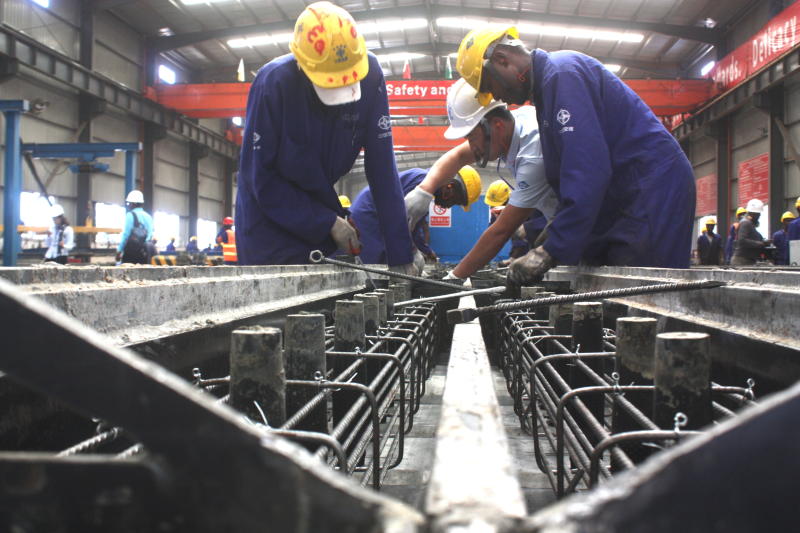×
The Standard e-Paper
Smart Minds Choose Us

The Government has agreed to pay land owners with buildings along the Ngong-Naivasha Standard Gauge Railway (SGR) route Sh10 billion.
The settlement comes four weeks after construction of the Ngong section stalled, part of the Sh150 billion second phase of President Uhuru Kenyatta’s pet project.